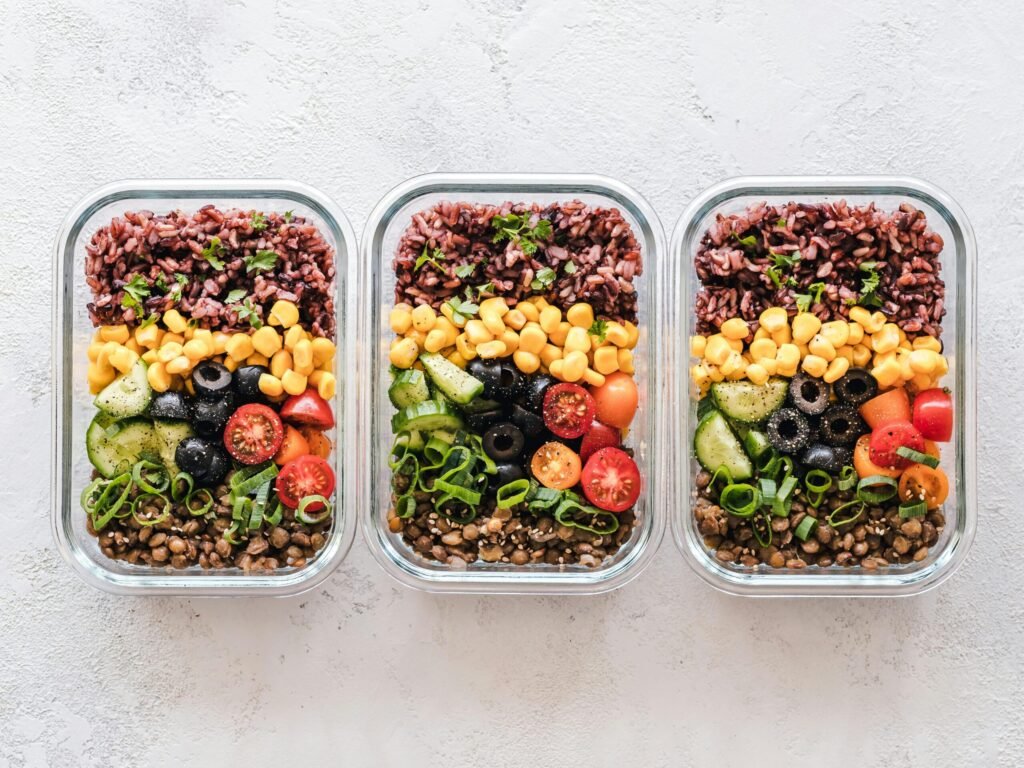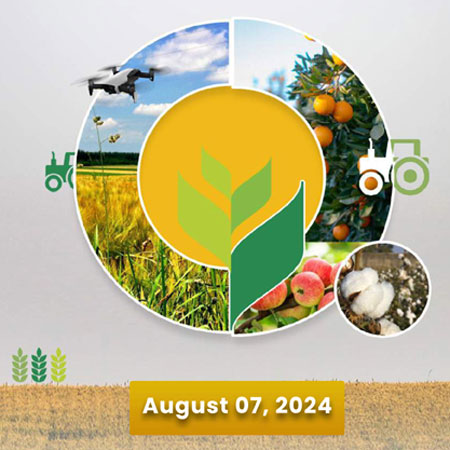
India is emerging as a surprising leader in the shift toward planet-friendly eating habits, according to a new survey conducted by Sodexo in collaboration with Toluna Harris Interactive. The results of this Sustainable Food Baro meter reveal a growing enthusiasm among Indian consumers for sustainable food, a trend that surpasses even that of many developed countries.
India, traditionally known for its rich culinary diversity and plant-based food culture, has been gaining traction as a key market for sustainable eating. The study, which involved over 7,000 participants from five countries, marked India’s first inclusion in this global survey. It highlighted a clear and compelling trend: Indian consumers are eager to adopt healthy, eco-conscious food habits, signaling a major shift in the country’s food consumption patterns.
The survey, which included insights from more than 2,000 Indian consumers, showed that more than two-thirds of Indians express strong support for sustainable food choices. This is a notable figure, especially when compared to consumers in developed countries, where the shift toward sustainability is often tempered by other factors, such as higher food costs and entrenched eating habits. Yet, despite this enthusiasm, price remains the most significant barrier to adopting sustainable eating habits in India. Taste follows closely behind as the second most important factor influencing food choices, while environmental concerns ranked lower on the list of priorities.
Among the age groups surveyed, millennials (aged 25 to 44) are the most committed to sustainable food choices. The survey found that 60% of millennials in India are already practicing sustainable eating in their daily lives, making them the leaders of this transformative shift. In contrast, Generation Z (under 25) remains more hesitant, with many still uncertain about fully embracing sustainable food practices. This generational divide points to the potential for long-term change, as the younger generation becomes more aware of the environmental impacts of food production and consumption.
Health is also a driving factor behind India’s sustainable food trends. For many Indian consumers, a balanced diet and nutritional value are essential considerations when choosing food. Product composition—the ingredients, additives, and overall healthiness of a meal—also plays a significant role. This focus on health, coupled with a growing awareness of environmental impacts, suggests that sustainable eating in India is not just a trend but a lifestyle shift that ties directly to personal well-being.
As a major player in the food services industry, Sodexo sees itself at the forefront of this change. The company serves over a million consumers daily and has positioned itself as a catalyst for inspiring more sustainable food choices. Sambit Sahu, Managing Director of Sodexo India, “We serve over a million consumers every day, and we believe we can influence food choices by adopting and embracing the right planet-friendly practices. Our strong value proposition, combined with a commitment to safety, empowers us to set the standard and drive sustainable change in the food services industry.”
Sodexo’s efforts extend beyond meal planning; the company is committed to reshaping the food ecosystem by promoting sustainability on multiple levels. The company works with local farmers, NGOs, and small and medium enterprises (SMEs) to source seasonal ingredients responsibly, supporting sustainable agriculture and creating livelihoods for local communities. These partnerships ensure that the meals served not only meet the highest culinary and nutritional standards but also contribute to the broader goals of environmental and social sustainability.
One of the key strategies that Sodexo employs to encourage sustainable eating is its creative approach to menu design. By offering diverse meal options that cater to various nutritional needs and taste preferences, Sodexo ensures that sustainability is never at odds with flavour or convenience.
Education plays a critical role in Sodexo’s sustainability efforts. The company uses innovative tools, such as traffic light symbols, to help consumers make informed food choices. These symbols indicate the nutritional value of meals, empowering customers to choose dishes that align with their health and environmental goals. Such transparency helps foster a culture of mindfulness around food, where consumers are encouraged to think critically about what they eat and how it impacts the world.
Another key initiative is WasteWatch, Sodexo’s program for reducing food waste. By tracking and measuring food waste, and involving both consumers and food service teams in the process, Sodexo aims to minimise its environmental footprint. Reducing food waste is an essential component of any sustainable food strategy, and Sodexo’s approach is helping set a new standard for responsibility within the food services industry.
As the study highlights, the food services industry is a critical driver of change. With its ability to influence consumer choices on a large scale, companies like Sodexo are helping to accelerate the transition toward more sustainable and responsible eating habits. In India, where the demand for sustainable food is on the rise, Sodexo’s efforts are not just about offering healthier meals—they are about reshaping an entire food culture to prioritise the planet’s well-being alongside personal health.
India’s growing enthusiasm for sustainable food is a promising sign for the future. With millennials leading the charge and the food services industry playing a pivotal role in driving change, the country is poised to become a global leader in sustainable eating. By embracing local sourcing, minimising waste, and prioritising health and sustainability.










